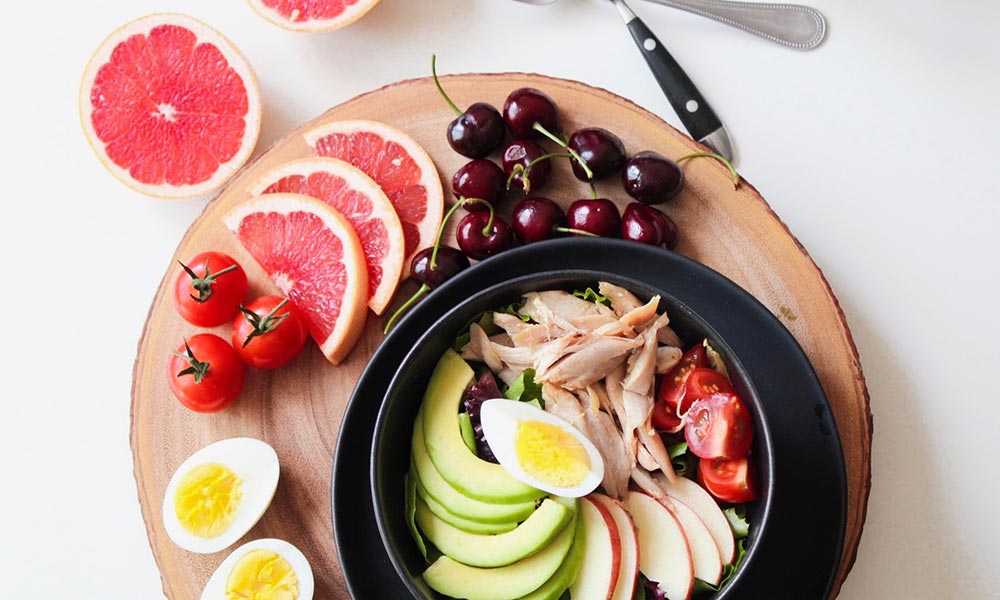
5 ways to eat well in retirement
Healthy eating is important at any age, but when you’re retired it can be easy to fall into the habit of choosing convenience over good nutrition – because you have a little less energy or because you’re only cooking for one or two people. Here are some simple tips to help you ensure that you eat a healthy and varied diet throughout your retirement.
1. Get into a routine
Aim to have breakfast, lunch and supper every day – and avoid slipping into the habit of skipping meals. Remember that healthy doesn’t have to mean complicated, and your meals can be as simple as you want them to be. For example, a boiled egg and avocado on wholewheat toast makes for a quick and delicious breakfast or lunch. When planning your meals, aim to include good-quality proteins, colourful fruit and veg, low-GI carbohydrates, and healthy fats.
2. Drink up
Here’s a tip to help you stay hydrated: Keep a jug of water on your kitchen counter, so it’s within easy reach when you’re pottering around the house. It’ll act as a good visual reminder – and if you’d prefer to have a little extra flavour, simply add some fresh lemon slices or mint sprigs. Alternatively, if you’ll be out and about for the day, remember to take a water bottle with you.
3. Boost your fruit and veg intake
It’s important to have a variety of fruit and veg in your diet, so try to include some fresh produce at each meal. For example, for breakfast you could add mushrooms and baby spinach to scrambled eggs or throw a handful of berries into your morning oats. If you have a sandwich for lunch, chop up a simple side salad of baby tomatoes, cucumber and red onions with an olive oil dressing. And for dinner, try to have one or two portions of veg with your protein.
4. Cook in bulk
For some of us, cooking is a joy; for others, it’s more a chore. But whichever camp you fall into, it’s likely that you won’t feel like cooking every day of the week. So, make things easy for yourself by cooking one or two dishes in bulk. Divide into portions and freeze, and simply pop them into the microwave whenever you feel like a quick and easy meal. Good options for bulk cooking include soups, stews and casseroles – and as these are usually one-pot meals, you’ll cut down on dishes too.
5. Know what to avoid
While it’s not to say that you shouldn’t enjoy the occasional dessert, on the whole it’s best to avoid eating foods that contain a lot of sugar, fat or salt. So, try to limit your intake of refined, processed and sugary foods and opt for fresh, seasonal produce wherever you can.



